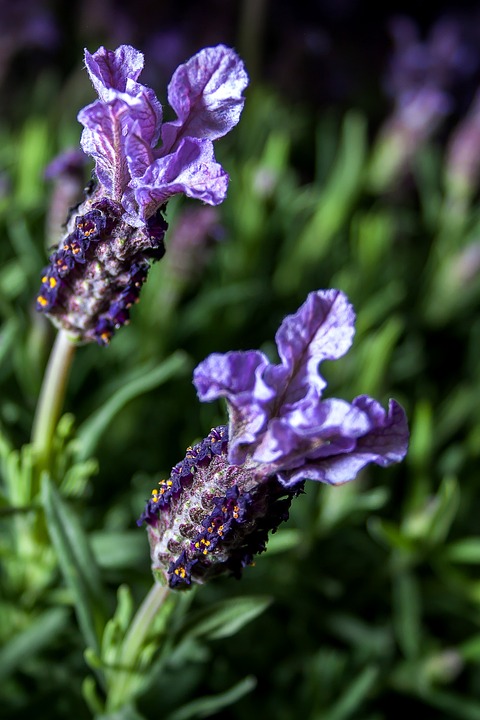Introduction
Growing your own food is not only a rewarding experience but also a great way to have access to fresh, organic produce.
Edible gardening offers a sense of connection to nature and the satisfaction of enjoying the fruits of your labor.
Whether you have a large backyard or a small balcony, anyone can cultivate a successful edible garden with the right knowledge and techniques.
Choosing the Right Seeds
The foundation of any edible garden lies in selecting the right seeds.
It is important to choose seeds that are suitable for your climate and growing conditions.
Look for reputable seed suppliers that offer a wide variety of vegetable, herb, and fruit seeds.
Consider factors such as sunlight requirements, soil pH, and water needs when selecting your seeds.
Preparing the Soil
Healthy soil is the key to a thriving garden.
Before planting, it’s essential to prepare the soil by removing any weeds, debris, or rocks.
Amend the soil with organic matter like compost or well-rotted manure to improve its fertility and structure.
Testing the soil pH can also provide valuable insight into its nutrient content, ensuring you provide the right conditions for your plants.
Planting and Care
Once you have chosen your seeds and prepared the soil, it’s time to plant!
Follow the instructions on the seed packets for specific planting depths and spacing guidelines.
Ensure that your plants receive adequate sunlight, water, and nutrients.
Regularly monitor for pests, diseases, and weeds, and take prompt action to protect your plants.
Mulching can help conserve moisture, reduce weed growth, and maintain a stable soil temperature.
Harvesting and Beyond
One of the most rewarding aspects of edible gardening is harvesting your produce.
Different plants have varying maturity times, so it’s important to know when to pick your vegetables, herbs, or fruits.
Harvesting at the right time ensures optimal flavor and texture.
Remember to store your harvest properly, so it remains fresh and delicious.
Additionally, consider saving seeds from your successful plants to grow in future seasons.
FAQs
What are the benefits of edible gardening?
Edible gardening allows you to have control over the quality of your food, ensuring it is free from harmful pesticides and chemicals.
It promotes self-sufficiency, reduces your carbon footprint, and provides a sense of accomplishment.
Plus, gardening is a great stress-reliever and can improve mental well-being.
How can I start an edible garden if I have limited space?
Even with limited space, you can still enjoy the benefits of edible gardening.
Explore container gardening options, hanging baskets, or vertical gardens.
Herbs, lettuce, tomatoes, and strawberries are ideal for small spaces.
Consider utilizing windowsills, balconies, or community gardens if you don’t have a traditional garden plot.
What are some common challenges in edible gardening?
Pests, diseases, and weeds are common challenges in edible gardening.
Regular inspection and prompt action are essential to prevent and manage these issues.
Lack of proper watering techniques, over or under-fertilization, and improper plant spacing can also affect plant health.
Learning about these challenges and incorporating preventive measures can help you overcome them.
How can I make my garden more sustainable?
To make your edible garden more sustainable, practice organic gardening methods.
Avoid synthetic fertilizers and pesticides, opting for natural alternatives instead.
Implement water conservation techniques such as mulching, drip irrigation, and rainwater harvesting.
Composting kitchen scraps and garden waste can enrich your soil.
Consider attracting beneficial insects and birds to control pests naturally.




